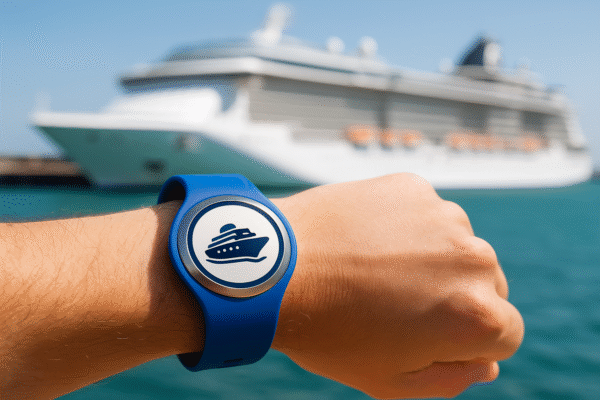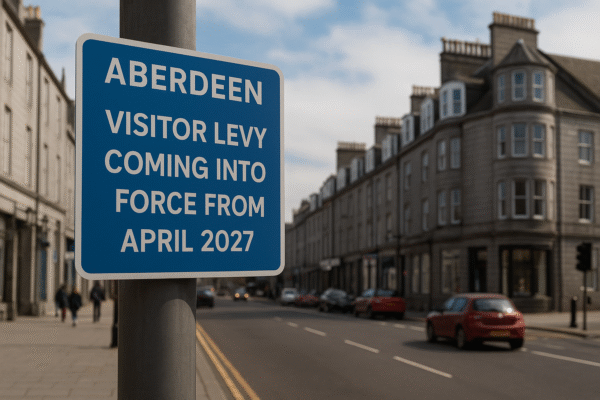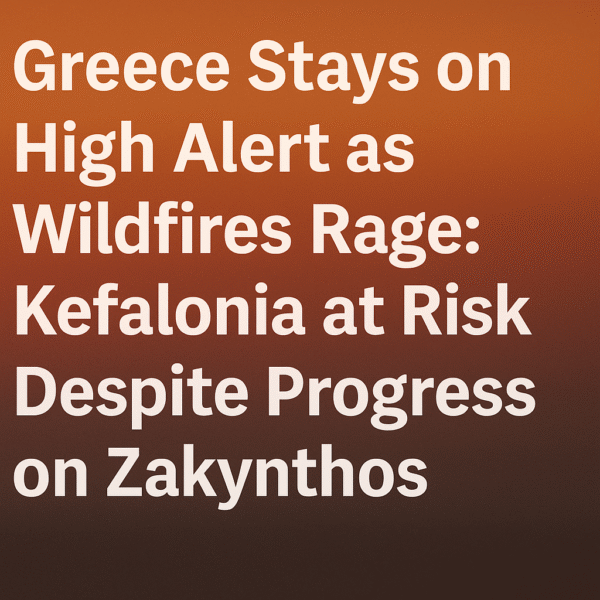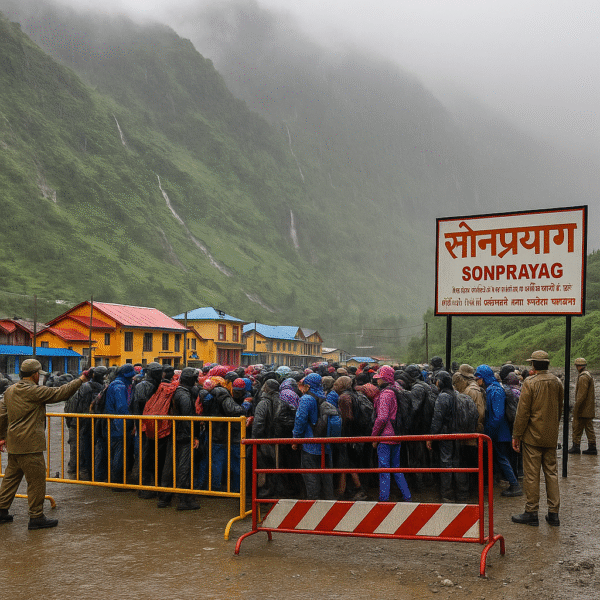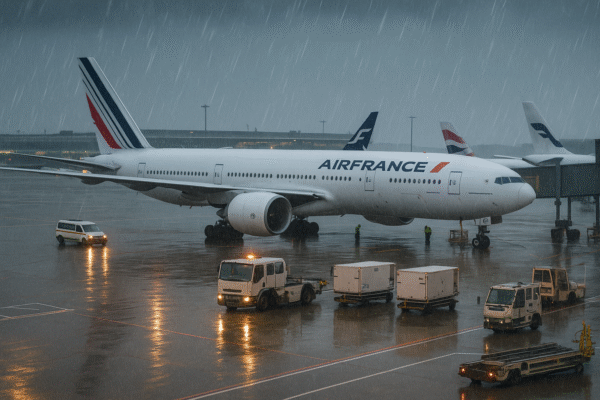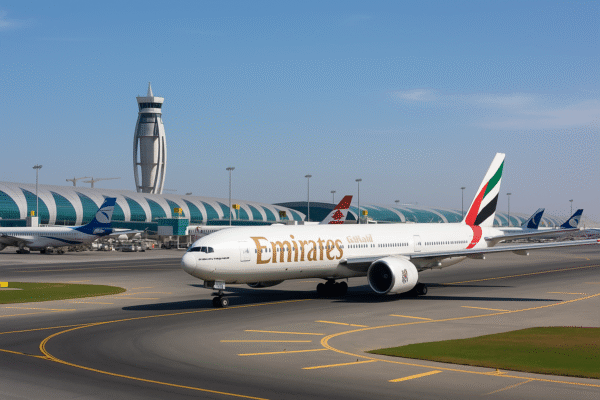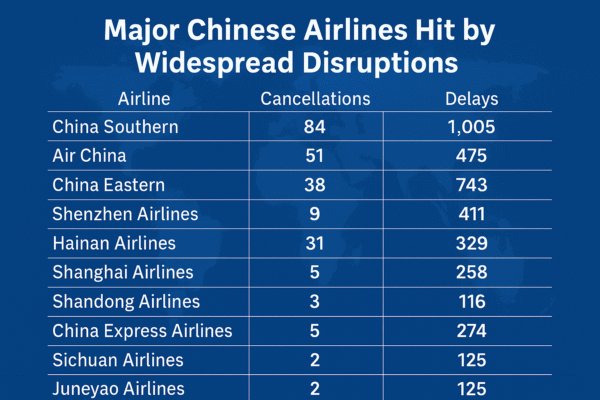Travelers across Europe are facing a stormy ordeal—literally. On August 14, 2025, a wave of severe rainstorms triggered cascading disruptions for three major airlines: Air France, British Airways, and Finnair, resulting in a staggering 121 flight delays and nine cancellations across key hubs in Helsinki, Berlin, London Heathrow, and Glasgow. The deluge has laid bare the vulnerabilities of highly interconnected air networks and sparked widespread travel frustration.
Air France: Paris Routes and Transatlantic Links Delayed
Air France bore the brunt of the chaos, registering 69 delays and four cancellations. Both domestic and long-haul routes were affected—from flights connecting Paris with Toulouse, Berlin, and Rome to transatlantic services to Toronto and Minneapolis. Notably, the Toronto–Paris flight (AFR387) was cancelled on back-to-back days, underscoring the severity of the situation for long-distance travelers.
British Airways: Domestic Hubs Hit Hard
At London Heathrow, British Airways recorded 30 delays and three cancellations. The cancellations disrupted domestic routes like London–Glasgow (flights BAW1488 and BAW1495), a short-haul London–Cologne (BAW930), and even the key long-haul London–Shanghai service (BAW169), along with its return leg (BAW168). UK-based tourists and business travelers have been especially impacted by the sudden itinerary changes.
Finnair: Helsinki at the Crossroads of Disruption
Operating from its Helsinki hub, Finnair logged 22 delays and two cancellations, affecting pivotal European connections. Flights between Helsinki and Berlin (FIN1438) and Helsinki–London Heathrow (FIN1339) were among those grounded, adding pressure to already stretched travel plans between Northern and Central Europe.
Real Consequences for Travelers
For passengers, the delays and cancellations have translated into longer layovers, missed connections, and unplanned overnight stays. The avalanche of disruptions has left many scrambling for alternative travel options—sometimes paying more, being rebooked multiple times, or enduring extended waits with limited airline support.
Weather: A Trigger, Not the Only Cause
While the immediate trigger was heavy rain, these disruptions are part of a broader trend. Across Europe, unprecedented summer delays are being driven not just by weather but also by air traffic control shortages, staff strikes, wildfires, and surging post-pandemic travel demand. Regulatory bodies have warned that this summer could yet rival—or even exceed—the worst in aviation delays on record.
For instance, earlier this summer, nearly 2,000 flights were delayed or cancelled across Europe due to storms: Heathrow saw 212 delays and nine cancellations, Frankfurt suffered 347 delays, while Paris Charles de Gaulle logged 276 delays and seven cancellations. These earlier incidents foreshadowed the pressure building on Europe’s flight infrastructure.
What This Means for Tourism
1. Plan Ahead—and Stay Flexible
Expect longer boarding times, plan for extra layover time, and book flexible or refundable tickets wherever possible.
2. Know Your Rights
Under EU Regulation 261/2004, compensation of €250 to €600 may be available for delays and cancellations—unless they’re due to “extraordinary circumstances” like severe weather. If compensation is denied, passengers may still pursue claims, including through third-party services.
3. Use Airline Tools Proactively
Most carriers now offer mobile alerts. For example, Finnair provides SMS and email updates and even vouchers and hotel arrangements in case of disruptions—via dedicated in-app tools and online portals. Keeping apps and contact info up to date can streamline the response if your flight changes.
4. Monitor Conditions & Prepare Alternatives
With climate-driven weather volatility impacting travel, it’s wise to monitor both forecasts and official airline channels. Also consider alternate airports or airlines if connections look problematic.
Looking to the Future
These disruptions illustrate how sensitive Europe’s aviation network is to systemic shocks—from weather extremes to operational constraints. As tourist seasons ramp up and climate challenges grow, the industry faces mounting pressure to adapt.
Experts argue for faster implementation of plans like the Single European Sky, which could ease airspace congestion, and streamlined air traffic control training to bolster staffing levels. Without such innovations, travelers might continue to find themselves caught in the unpredictable crosswinds of weather and capacity shortfalls.
In Summary
Europe’s travelers are navigating a perfect storm—literal and operational. On August 14, 2025, 121 delayed flights and nine cancellations across Air France, British Airways, and Finnair have impacted hubs from Helsinki to London, with Paris, Berlin, Glasgow, and beyond feeling the ripple effects. As climate volatility and infrastructure strain mount, both passengers and the industry must evolve strategies to keep tourism—and peace of mind—flying.
For more travel news like this, keep reading Global Travel Wire



